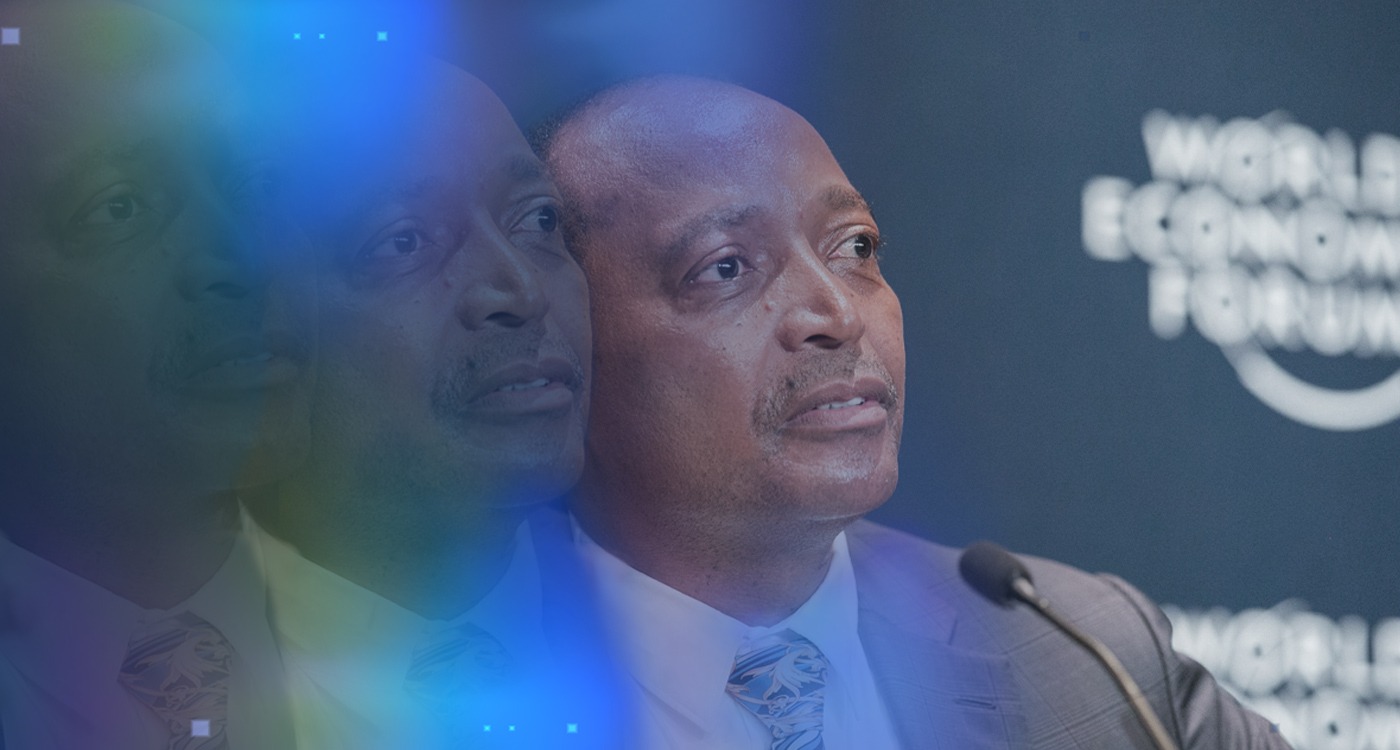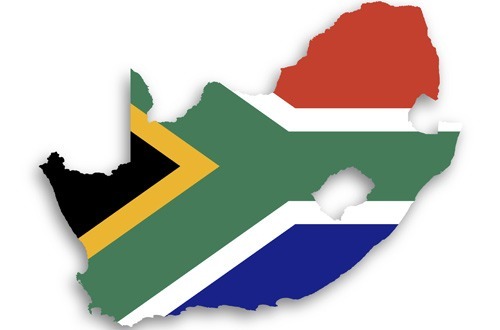South Africa’s central bank is likely to keep interest rates unchanged at its last policy meeting of the year this week despite a struggling economy, hamstrung by looming inflation pressures stemming from a weak rand currency.
The Reserve Bank’s monetary policy committee, which is chaired by Governor Lesetja Kganyago and sits six times a year to plot the direction of interest rates, started its final consultation for 2017 on Tuesday. Kganyago will announce its decision on Thursday afternoon.
The bank kept its repurchase rate, the benchmark for the market, at 6.75 percent in September, despite calls by beleaguered South Africans to lower borrowing costs and help boost an economy still limping after languishing in recession earlier this year.
The National Treasury expects growth of just 0.3% in 2017, far below the levels needed to bring in much needed jobs and slash unemployment of nearly 28 percent.
The central bank’s September interest rate decision followed a 0.25 percentage point reduction in July, which was the first time it had cut rates in five years.
But political uncertainty in South Africa, most notably around the ruling African National Congress (ANC) party’s December conference to elect a new leadership, have kept investors jittery about the outlook for the economy, putting pressure on the rand and likely inhibiting any further monetary policy easing.
“As things stand, political uncertainty is likely to delay further rate cuts for the foreseeable future and the economic situation is in somewhat of a ‘holding pattern’ until the ANC elective conference,” Andrew Golding, Chief Executive of the Pam Golding Property group, said in a recent presentation.
The ANC meeting comes against the backdrop of business confidence that is at its weakest in decades, due to corruption charges levied against senior government officials including President Jacob Zuma.
South Africa also faces the risk of further downgrades to its credit rating on Friday, when agencies S&P Global and Moody’s are due to issue their latest reviews.
S&P has already cut South Africa’s foreign debt to sub-investment grade, but Moody’s still rates the country above “junk” status for debt denominated in both foreign and local currency. Their peer, Fitch, ranks South Africa below investment grade for both. (via African News Agency)
South African Annual Consumer Inflation Slows In October – Stats SA
South Africa’s annual consumer inflation rate dipped to 4.8 percent in October, from 5.1 percent in September, Statistics South Africa said on Wednesday.
Stats SA said consumer prices increased by 0.3 percent in October from their levels in September. (via African News Agency)
Seda Launches A Centre For Entrepreneurship And Rapid Incubator In Upington
Deputy Minister of Small Business Development, Ms Nomathemba November will be launching the Vaal University of Technology (VUT) CfE/Rapid Incubator in Upington. This centre will service graduates from the university and broadly young entrepreneurs from Upington and neighbouring towns such as Keimoes, Kakamas and Groblershoop.
The VUT CfE and Rapid Incubator centre strategically located to focus on predominant economic sectors within the area they are located. The VUT centre will focus on renewable energy, agriculture and tourism sectors. These sectors are key local economic activities within the Upington area with a potential of accommodating new entrants, in particular graduates with innovative ideas who would like to take advantage of opportunities within the area. These are young people who are going to be developed into entrepreneurs through CfE/Rapid Incubator programme. The programme is designed to develop viable innovative ideas into small enterprises after 18 months.
The CfE/Rapid Incubator is divided into two parts, the first part is CfE which is six months theoretical training programme focusing on business entrepreneurship training, innovation and idea generation training and product conceptualisation. The second part of the programme is the 12 month rapid incubation open only to qualifying selected candidates. It is during this period that actual product development and refinement takes place. During this period the commercialisation of the product entails advanced sector specific technical training, seed funding and other business support also takes place. After the 18 months the SMME is expected to be ready for the open market and will graduate from the programme.
The CfE is able to accommodate up to 60 clients but only around 20 graduates are selected at enterprise start-up week for rapid incubation by the incubation team and Seda. This is the eighth rapid incubator to be launched out of the nine planned across the country. Other provinces which have launched are: KwaZulu Natal (Esayidi TVET College); Northern Cape (Northern Cape Rural TVET College); Limpopo (Vhembe TVET College); Western Cape (False Bay TVET College); Free State (Motheo TVET); Free State (Goldfields TVET) and North West (Orbit TVET College).







